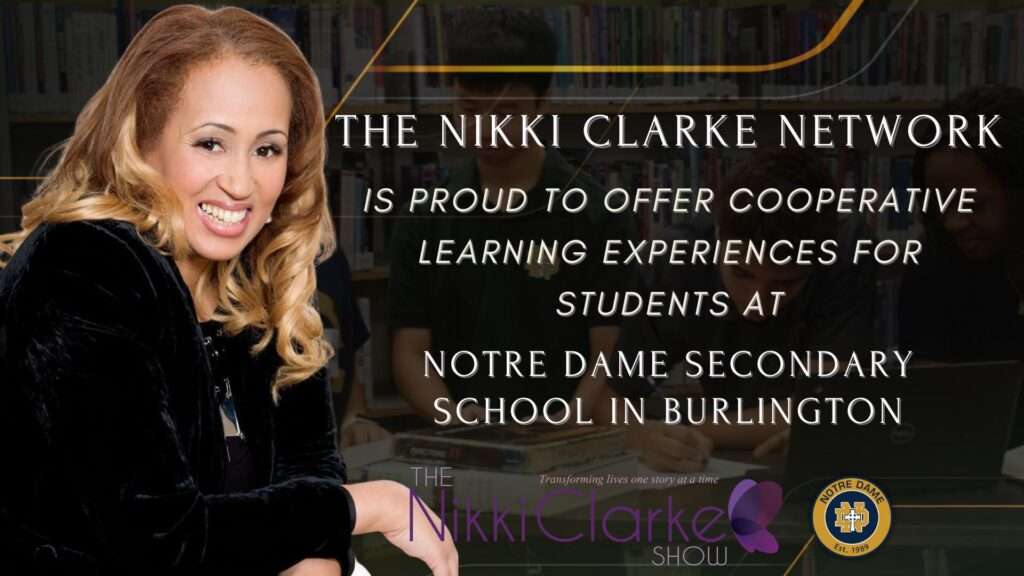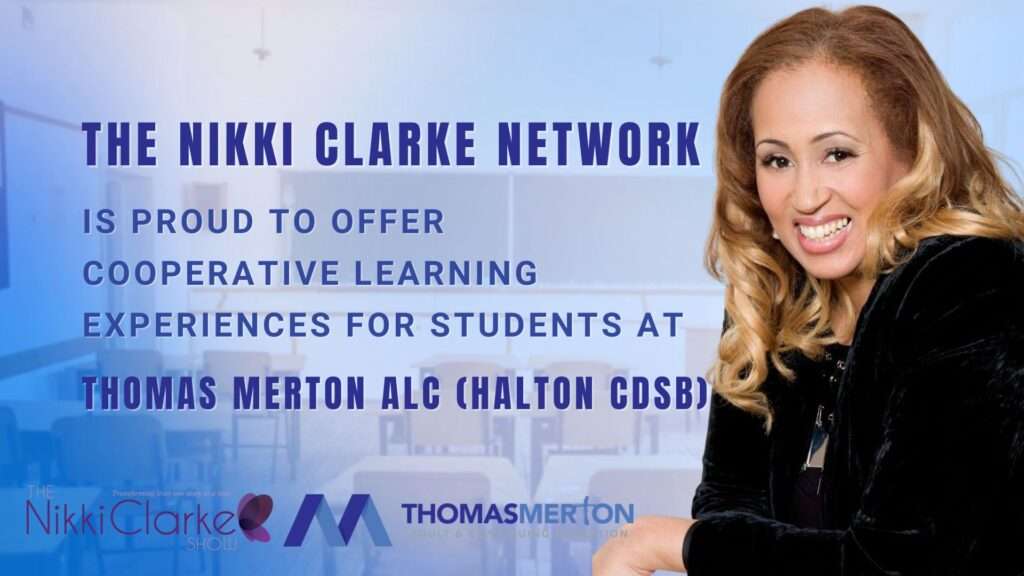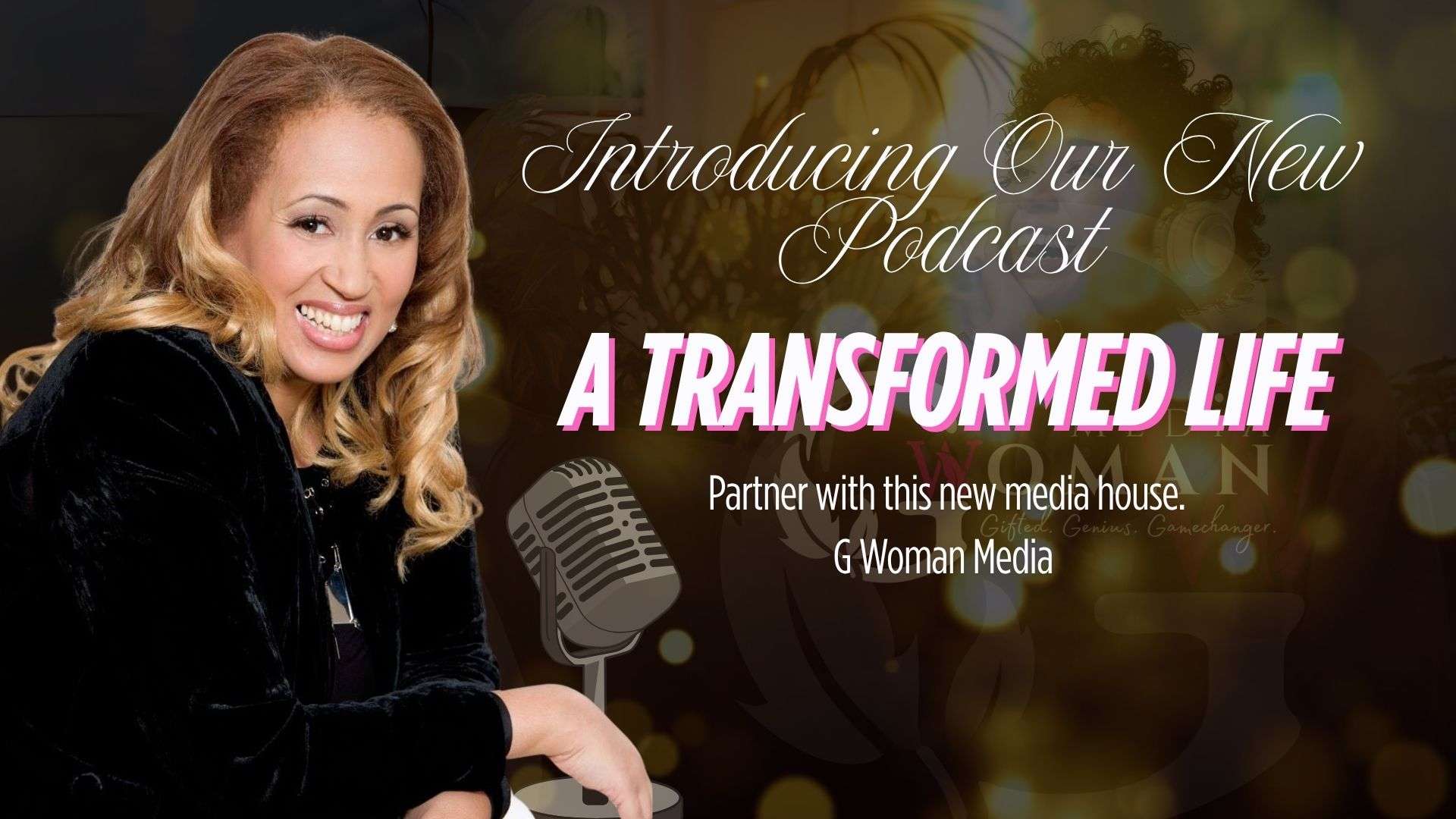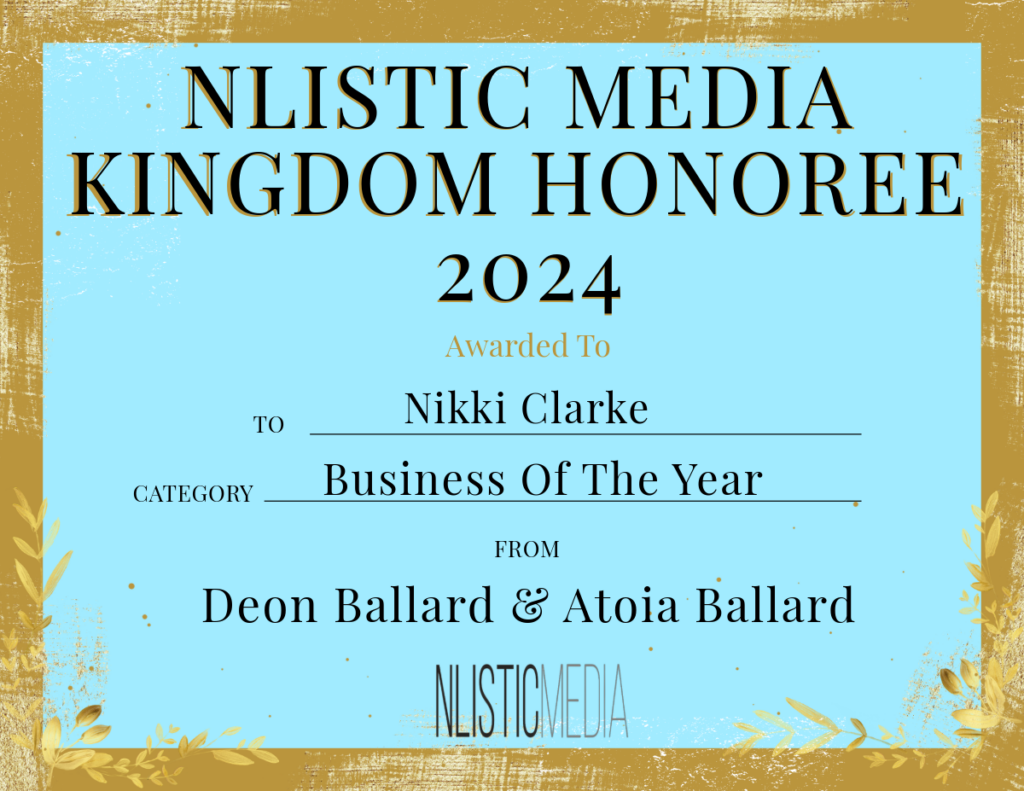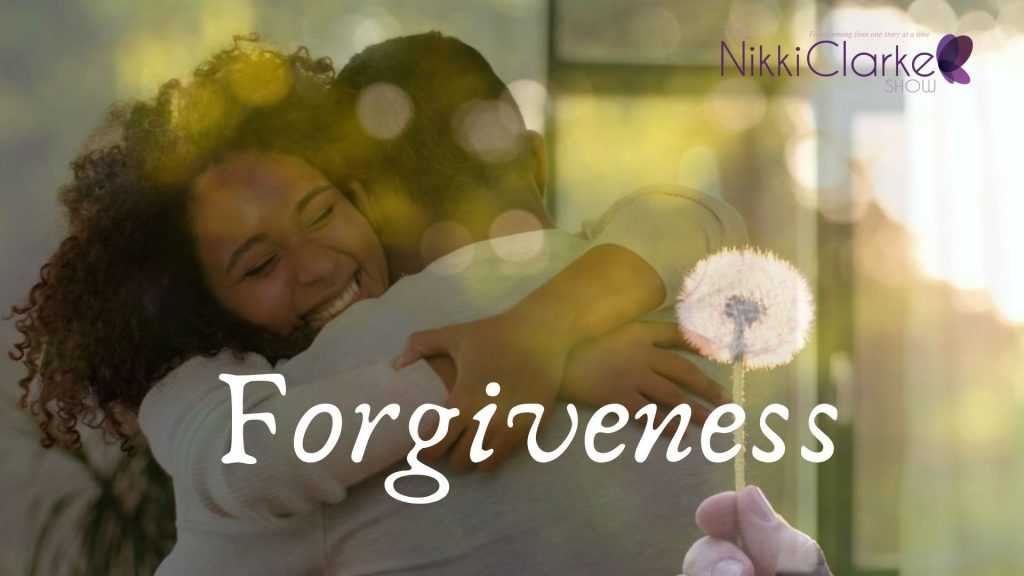
Forgiveness is a profound and transformative act that holds the potential to heal wounds, mend relationships, and free individuals from the shackles of resentment. In a world often marked by conflict and misunderstandings, the ability to forgive emerges as a beacon of hope, promoting emotional well-being and fostering harmony.
### The Essence of Forgiveness
At its core, forgiveness is not about condoning the actions of others but about releasing oneself from the burden of carrying resentment. It is a conscious choice to let go of the negative emotions that tether us to past hurts. Psychologically, forgiveness is linked to reduced stress, anxiety, and improved mental health. By choosing to forgive, individuals reclaim their emotional autonomy and break free from the cycle of bitterness.
### The Healing Journey
Forgiveness is a process, not an event. It involves acknowledging the pain, allowing oneself to feel the emotions associated with the hurt, and then actively choosing to move beyond it. This journey may be arduous, requiring self-reflection and empathy. However, the rewards of inner peace and emotional freedom make it a worthwhile endeavor.
### Breaking the Chains of Resentment
Resentment can be a heavy burden, affecting not only mental well-being but also physical health. Holding onto grudges can lead to increased stress levels, cardiovascular issues, and a compromised immune system. Forgiveness acts as a liberating force, breaking the chains that bind individuals to the negative impact of past experiences. By letting go, one paves the way for personal growth and resilience.
### Rebuilding Relationships
In interpersonal dynamics, forgiveness plays a pivotal role in rebuilding and strengthening relationships. It fosters understanding and promotes empathy, allowing individuals to move beyond the pain and work towards a healthier connection. Whether in friendships, familial bonds, or romantic relationships, forgiveness serves as a cornerstone for sustainable, meaningful connections.
### The Empowerment of Forgiveness
Forgiveness is not a sign of weakness; rather, it requires great strength and resilience. It empowers individuals to take control of their emotions and responses, choosing compassion over animosity. By forgiving, one severs the ties that bind them to the past, creating space for personal growth and positive transformation.
### Cultivating Forgiveness in Society
On a broader scale, societies benefit from a culture of forgiveness. In a world rife with conflicts, forgiveness becomes a catalyst for reconciliation and peace. Embracing forgiveness collectively can lead to the resolution of longstanding disputes and the fostering of a more harmonious coexistence.
### Conclusion
In the tapestry of human experience, forgiveness emerges as a thread that weaves together healing, growth, and connection. It is a gift we give to ourselves and others, unlocking the potential for brighter, more compassionate futures. As we navigate the complexities of life, embracing the liberating power of forgiveness can be a beacon guiding us towards a more harmonious and empathetic world.




